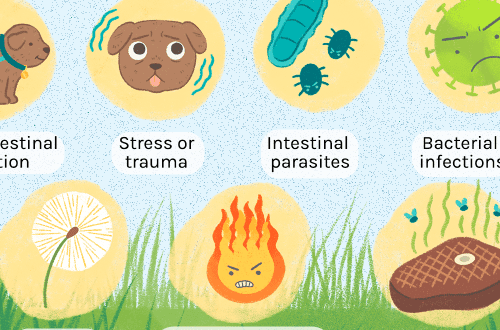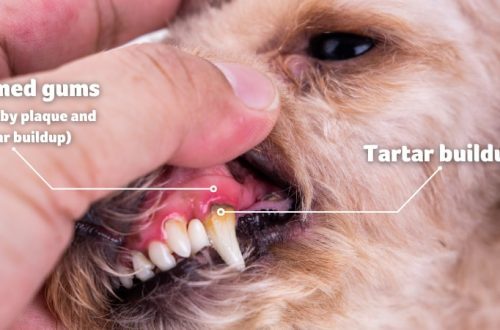
Heart failure in dogs
Cardiovascular disease in dogs (heart failure, CVD) is a serious problem that affects the quality and length of life. What symptoms indicate an illness, what causes it, what is the basis for treatment and prevention?
Conditionally cardiovascular diseases are divided into three groups:
– congenital
– hereditary,
– acquired.
Congenital pathologies are extremely rare, hereditary – already more often, and, finally, acquired ones make up the largest group.
While genetics plays a key role in the case of congenital and hereditary diseases, the main causes of acquired heart failure in dogs are an inactive lifestyle, excess weight, improper diet, as well as infections and parasites. Therefore, the prevention of cardiovascular diseases, first of all, is based on a proper balanced diet, an active lifestyle, constant health monitoring, preventive examinations by a veterinarian and, of course, routine vaccinations.

The most common signs of heart failure are:
– lethargy, drowsiness,
– fast short breathing
– cough, shortness of breath,
– lack of appetite,
– weight loss,
– fainting,
– fast or slow heartbeat
– bloating,
– cyanosis of the mucous membranes.
If your dog shows one or more of these symptoms, you should contact your veterinarian as soon as possible. A lot depends on the efficiency of the owner’s actions!
Unfortunately, heart failure is an irreversible disease that cannot be completely cured. However, thanks to the right approach, the manifestations of the disease can be reduced so that they do not affect the quality of life of the pet.
Therapy is based on such components as:
— Special Diet. The quality of feeding directly affects the course of the disease. An unbalanced diet, leading to excess body weight and lack (or overabundance) of vitamins, increases the workload on the heart, which can be fatal in CVD. Choose only special super premium veterinary diets for your dog, whose action is aimed at maintaining heart function (for example, Monge VetSolution Cardiac).
— Medical treatment and dietary supplements. Medicines are prescribed exclusively by a veterinarian. Treatment may be different depending on the picture of the disease, the state of health, the age of the dog and other features. CVD therapy can be enhanced through the use of nutritional supplements. Their main advantage is a combination of efficiency and the absence of contraindications and side effects. Discuss this issue with your veterinarian.
— Physical activity. Optimal physical activity is a reliable assistant in the fight against CVD. Loads are especially useful in the early stages of the development of the disease, but the wrong program will only aggravate the situation. When planning a dog regimen, it is necessary to consult with a veterinarian. He will determine the frequency and intensity of training for a particular dog.

— Continuous health monitoring. If the dog has CVD, the owner will have to make it a rule to monitor the dog’s health on a daily basis and have regular follow-up with a veterinarian. At home, it is necessary to control the dog’s breathing rate and pulse. If the dog makes more than 27 breaths (inhalation and exhalation is one breath) in one minute, you should contact a specialist.
All these methods, combined with attention and care, will help make the life of a dog with CVD truly happy, despite all the “buts”!





